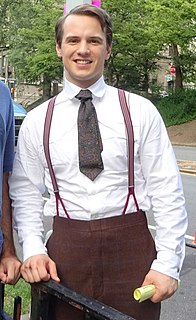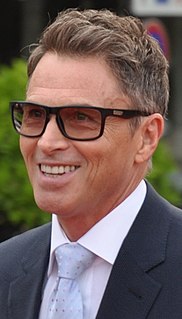A Quote by Freddie Stroma
I left Facebook after Facebook groups began appearing about me and suddenly your personal photographs start becoming public property.
Related Quotes
I haven't sworn off Facebook. I'm on Facebook. There's a fan page on Facebook that I will update, but I'm on there myself under a pseudonym, because there were a lot of people able to private-message me on Facebook, and it was getting really weird. And then with MySpace, I just don't read messages. I delete everything, and I just post updates every now and then.



































